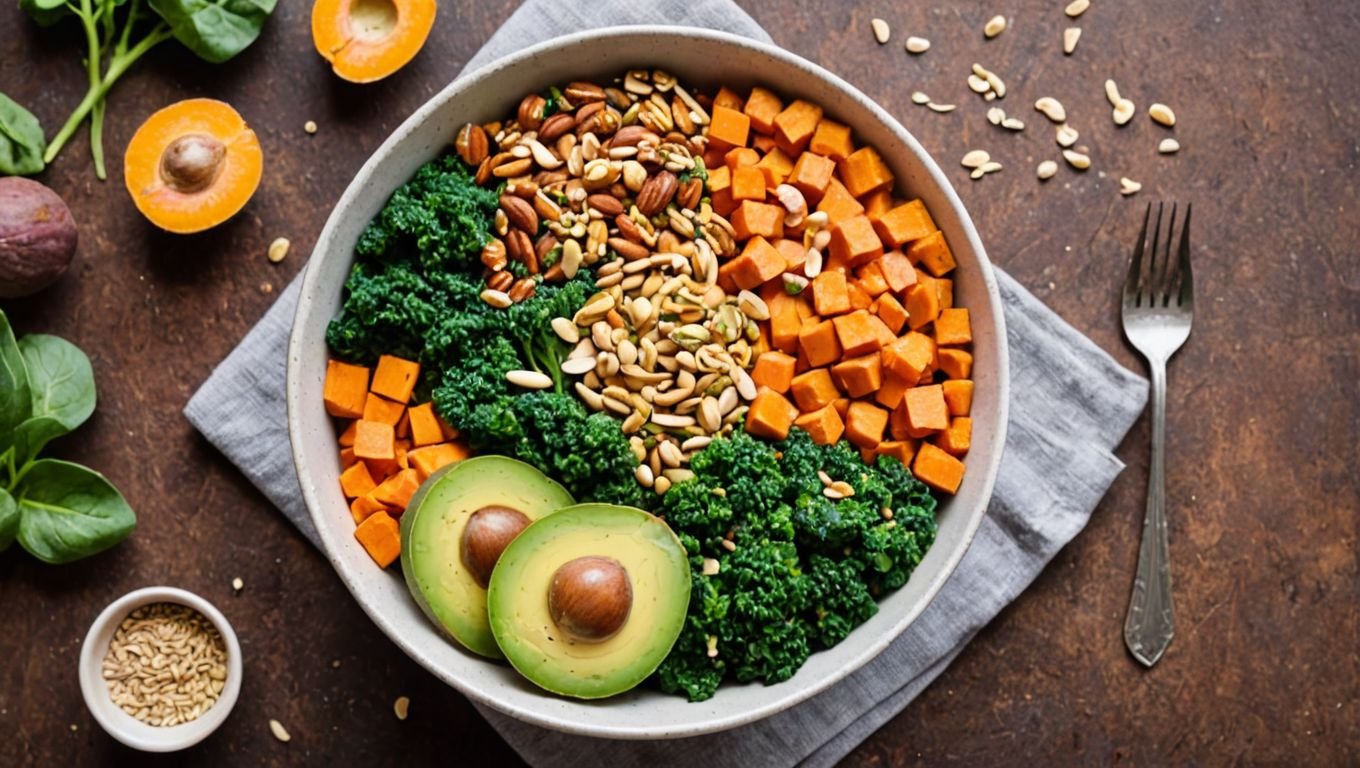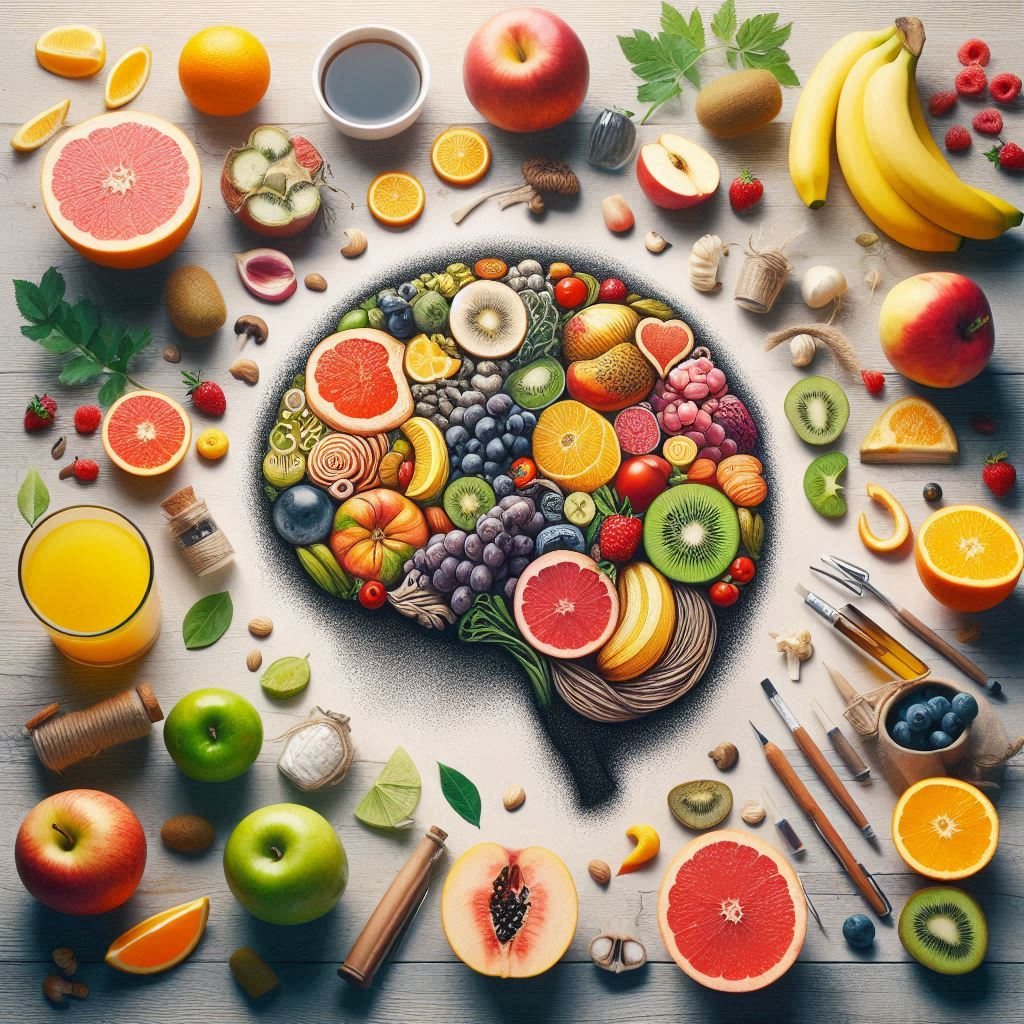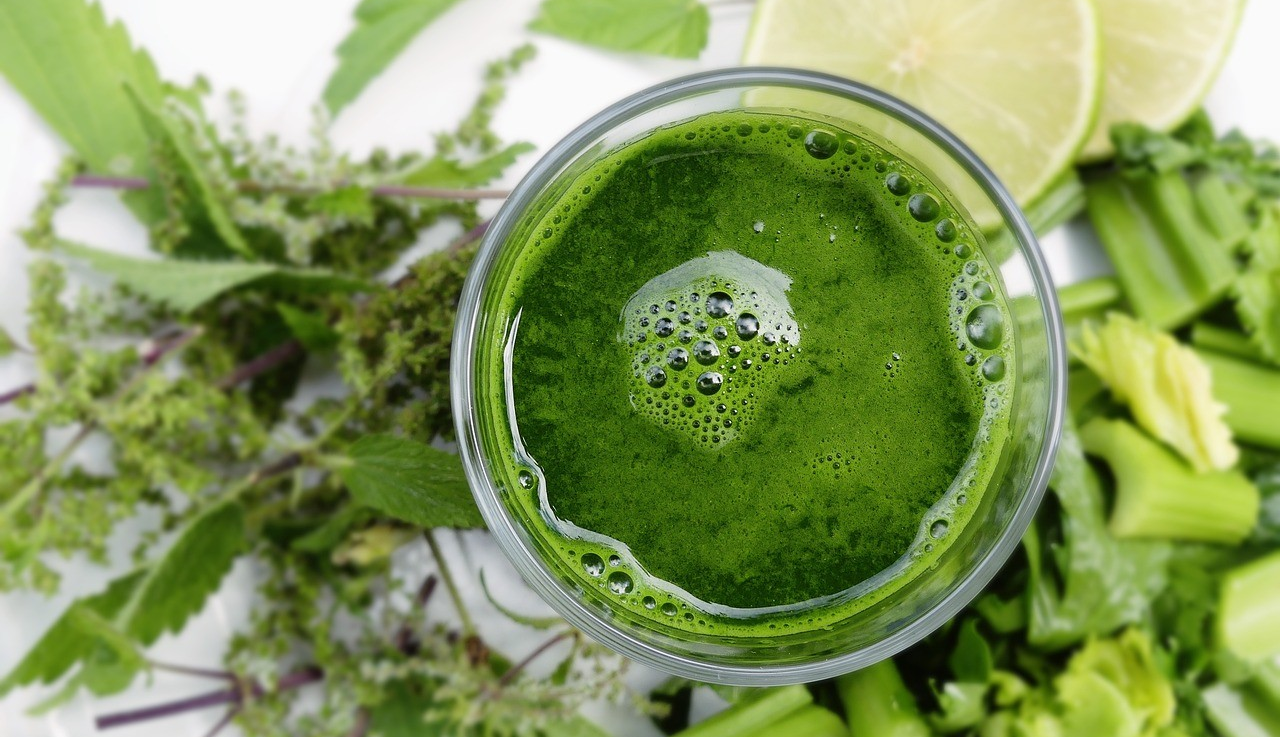Powerful minerals boost health and wellness. Discover 13 essential minerals for optimal body function and vitality.
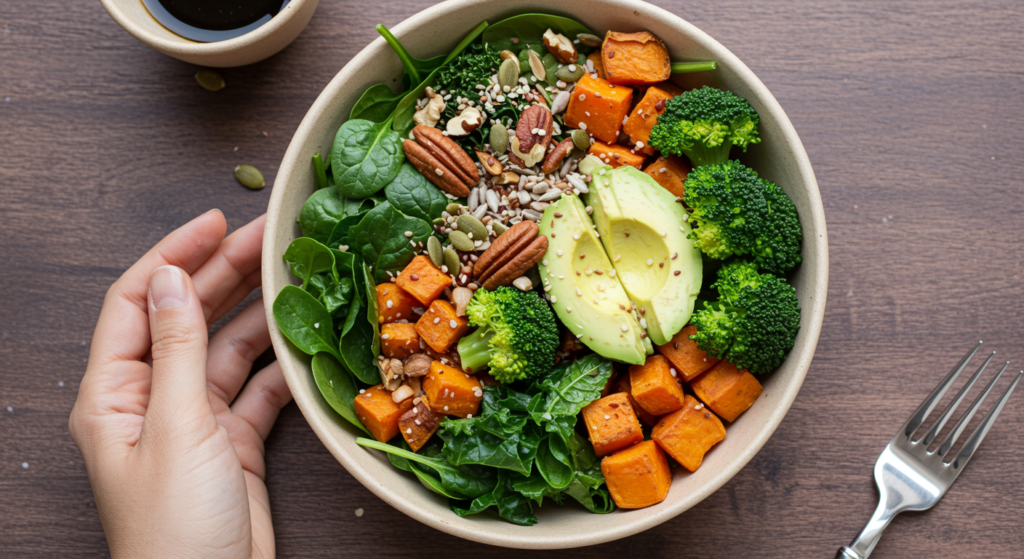
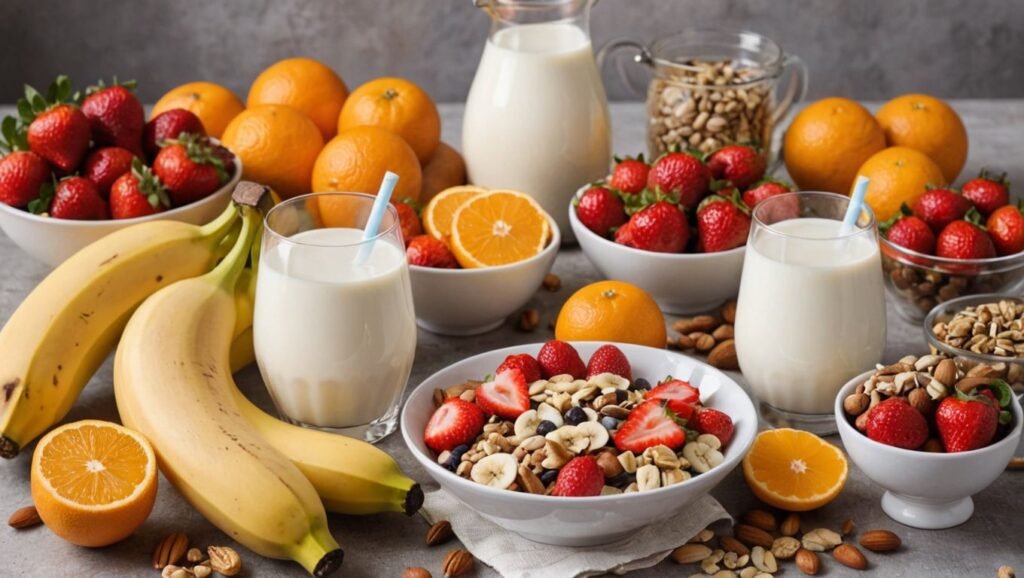
13 Powerful Minerals for Wellness: A Comprehensive Guide
Minerals are essential nutrients that play a vital role in maintaining overall health and wellness. From supporting bone health to boosting immunity, these micronutrients are indispensable for our bodies to function optimally. In this article, we’ll explore 13 powerful minerals for wellness, their benefits, and how to incorporate them into your diet. Additionally, we’ll provide a detailed comparison chart of the nutrient content of fruits and vegetables to help you make informed dietary choices.
Why Minerals are Essential for Wellness
Minerals are inorganic elements that our bodies cannot produce on their own. They are crucial for:
- Bone and Teeth Health: Minerals like calcium and phosphorus strengthen bones and teeth.
- Muscle Function: Magnesium and potassium support muscle contraction and relaxation.
- Nervous System Support: Sodium and potassium help transmit nerve signals.
- Immune Function: Zinc and selenium boost immunity.
- Energy Production: Iron and magnesium are involved in energy metabolism.
Despite their importance, many people suffer from mineral deficiencies due to poor dietary habits and soil depletion.
13 Powerful Minerals for Wellness
1. Calcium
- Benefits: Strengthens bones and teeth, supports muscle function, and aids blood clotting.
- Sources: dairy products, leafy greens, fortified plant-based milk.
- Daily Requirement: 1,000–1,200 mg for adults.
2. Magnesium
- Benefits: Supports muscle and nerve function, regulates blood sugar, and promotes heart health.
- Sources: nuts, seeds, whole grains, dark chocolate.
- Daily Requirement: 310–420 mg for adults.
3. Potassium
- Benefits: Regulates fluid balance, supports muscle contractions, and maintains healthy blood pressure.
- Sources: Bananas, potatoes, spinach, avocados.
- Daily Requirement: 2,600–3,400 mg for adults.
4. Iron
- Benefits: Essential for oxygen transport in the blood, supports energy production.
- Sources: red meat, beans, lentils, spinach.
- Daily Requirement: 8–18 mg for adults.
5. Zinc
- Benefits: Boosts immunity, supports wound healing, and promotes cell growth.
- Sources: shellfish, meat, seeds, nuts.
- Daily Requirement: 8–11 mg for adults.
6. Selenium
- Benefits: Acts as an antioxidant, supports thyroid function, and boosts immunity.
- Sources: Brazil nuts, seafood, eggs.
- Daily Requirement: 55 mcg for adults.
7. Phosphorus
- Benefits: Strengthens bones and teeth, supports energy production.
- Sources: dairy products, meat, fish, and nuts.
- Daily Requirement: 700 mg for adults.
8. Sodium
- Benefits: Regulates fluid balance, supports nerve function.
- Sources: table salt, processed foods, vegetables.
- Daily Requirement: Less than 2,300 mg for adults.
9. Copper
- Benefits: Supports iron metabolism, promotes brain health, and acts as an antioxidant.
- Sources: shellfish, nuts, seeds, whole grains.
- Daily Requirement: 900 mcg for adults.
10. Manganese
- Benefits: Supports bone health, aids metabolism, and acts as an antioxidant.
- Sources: Whole grains, nuts, leafy greens.
- Daily Requirement: 1.8–2.3 mg for adults.
11. Iodine
- Benefits: Essential for thyroid function, supports metabolism.
- Sources: iodized salt, seafood, dairy products.
- Daily Requirement: 150 mcg for adults.
12. Chromium
- Benefits: Regulates blood sugar levels, supports metabolism.
- Sources: broccoli, grapes, whole grains.
- Daily Requirement: 20–35 mcg for adults.
13. Fluoride
- Benefits: Strengthens teeth, prevents cavities.
- Sources: Fluoridated water, tea, seafood.
- Daily Requirement: 3–4 mg for adults.
Detailed Comparison Chart of Nutrient Content in Fruits and Vegetables
Below is a comparison of the mineral content in common fruits and vegetables:
| Fruit/Vegetable | Calcium (mg) | Magnesium (mg) | Potassium (mg) | Iron (mg) | Zinc (mg) | Selenium (mcg) |
|---|---|---|---|---|---|---|
| Spinach (1 cup) | 245 | 157 | 839 | 6.4 | 1.4 | 1.7 |
| Banana (1 medium) | 6 | 32 | 422 | 0.3 | 0.2 | 1.0 |
| Avocado (1 cup) | 18 | 44 | 708 | 1.1 | 1.0 | 0.8 |
| Broccoli (1 cup) | 62 | 33 | 457 | 1.1 | 0.7 | 2.3 |
| Orange (1 medium) | 52 | 15 | 237 | 0.1 | 0.1 | 0.7 |
| Sweet Potato (1 cup) | 76 | 54 | 950 | 1.4 | 0.6 | 0.2 |
| Kale (1 cup) | 101 | 23 | 329 | 1.1 | 0.3 | 0.9 |
| Strawberries (1 cup) | 27 | 22 | 254 | 0.6 | 0.3 | 0.6 |
| Carrots (1 cup) | 42 | 15 | 410 | 0.4 | 0.3 | 0.1 |
| Blueberries (1 cup) | 9 | 9 | 114 | 0.4 | 0.2 | 0.1 |
How to Incorporate Mineral-Rich Foods into Your Diet
1. Plan Balanced Meals
Include a variety of fruits, vegetables, nuts, seeds, and whole grains in your daily meals.
2. Try New Recipes
Experiment with recipes like spinach salads, avocado toast, or sweet potato fries.
3. Take Supplements if Needed
If you’re unable to meet your mineral requirements through food, consider supplements after consulting a healthcare professional.
Frequently Asked Questions (FAQs)
1. What are the signs of mineral deficiency?
- Fatigue
- Weak bones
- Muscle cramps
- Poor immunity
2. Can I Get All My Minerals from Food?
Yes, a balanced diet rich in fruits, vegetables, nuts, seeds, and whole grains can provide most of the essential minerals.
3. Are There Risks of Excessive Mineral Intake?
Excessive intake of certain minerals (e.g., iron, sodium) can lead to toxicity and health issues.
Conclusion
Incorporating 13 powerful minerals for wellness into your diet can significantly improve your overall health. From calcium-rich leafy greens to potassium-packed bananas, these nutrient-dense foods are easy to include in your daily meals. Use the comparison chart to make informed dietary choices and enjoy the benefits of a mineral-rich diet. Start today and take a step toward better wellness!

